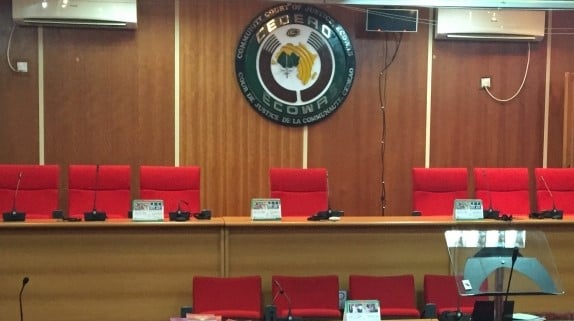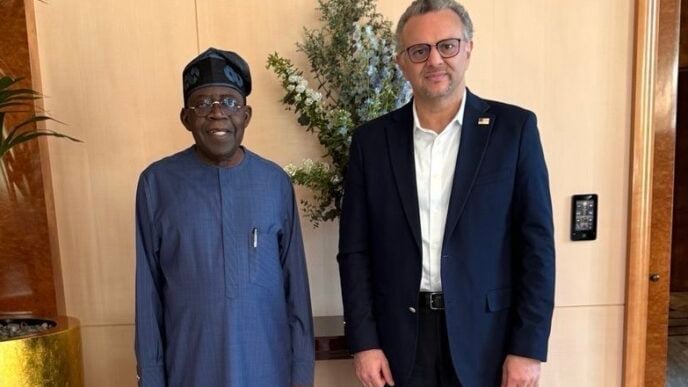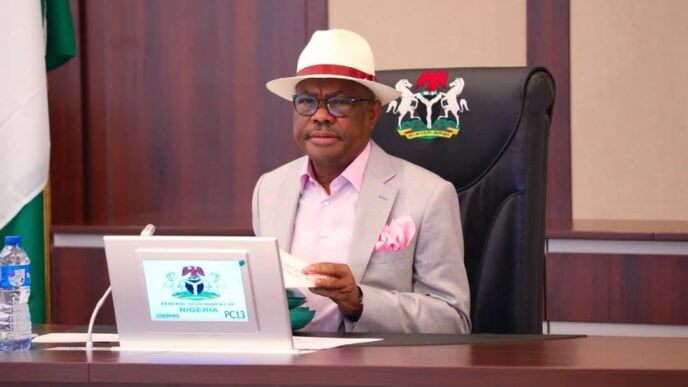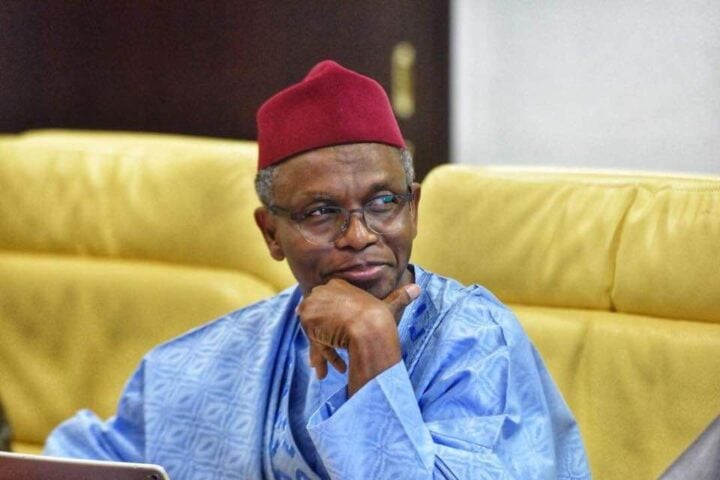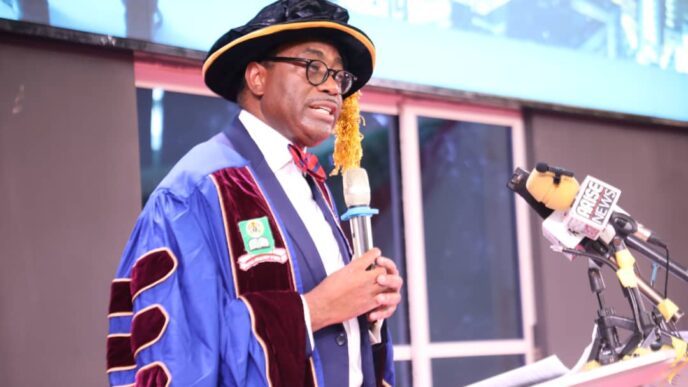The Economic Community of West African States (ECOWAS) community court of justice has ruled that the blasphemy provisions in Kano state laws violate Nigeria’s international human rights commitments.
In a judgment delivered on Wednesday, the ECOWAS court held that the blasphemy provisions do not align with the freedom of expression guaranteed under regional and international human rights laws.
The judgment was delivered by Ricardo Gonçalves, the presiding judge, Sengu Koroma, and Dupe Atoki in a suit was filed by the Expression Now Human Rights Initiative (ENHRI), a non-governmental organisation in Nigeria, against the Federal Republic of Nigeria.
The NGO told the court that blasphemy laws led to “serious” human rights concerns across Nigeria and that individuals faced “arbitrary arrest, detention, and death sentences” for alleged blasphemous expression.
Advertisement
In its judgment, the court ruled that section 210 of the Kano State Penal Code is “vague” and “failed to provide clear guidance on what constitutes religious insult”.
The court ruled that the provision “lacked the legal precision required under international human rights standards”.
The court also held that section 382(b) of the Kano State Sharia Penal Code Law (2000), which imposes the death penalty for insulting the Prophet Muhammad, as “excessive and disproportionate” in a democratic society.
Advertisement
The court ruled that the aforementioned legal provisions are “incompatible with Nigeria’s obligations to protect freedom of expression”.
The court ordered the federal government to “repeal or amend the identified legal provisions and similar laws to align with Article 9(2) of the African Charter”.
“Though recognizing states’ legitimate interest in maintaining public order and respecting religious beliefs, the Court determined that these laws fail the established human rights tests of legality, necessity, and proportionality under both Article 9(2) of the African Charter on Human and Peoples’ Rights and Article 19 of the International Covenant on Civil and Political Rights (ICCPR),” a statement published on the court’s website reads.
“Regarding allegations of state failure to prevent blasphemy-related mob violence, the Court found insufficient evidence to support these claims, noting that media reports without additional corroboration did not meet the required standard of proof.
Advertisement
“Accordingly, the Court: Declared that it has jurisdiction to hear the case; declared the application admissible only as it concerns the right to freedom of expression; Declared that Section 210 of the Kano State Penal Code and Section 382(b) of the Kano State Sharia Penal Code Law (2000) are incompatible with Nigeria’s obligations to protect freedom of expression.”
THE MUBARAK BALA CASE
In April 2020, Mubarak Bala, a self-proclaimed atheist, was arrested at his home in Kaduna and taken to Kano after complaints of “blasphemy and “incitement were filed against him.
He was accused of breaching public peace and inciting outrage among Muslims with his Facebook posts criticising Islam, Allah and Prophet Mohammad.
Advertisement
The case drew international attention, with human rights organisations expressing concerns about his safety and Nigeria’s commitment to freedom of expression.
In April 2022, a Kano state high court sentenced him to 24 years in prison after he pleaded guilty to an 18-count charge.
Advertisement
Before his sentencing, Bala, who was the president of the Humanist Association of Nigeria, had spent two years in detention awaiting trial.
However, his sentence was later reduced after an appellate court deemed it excessive.
Advertisement
In January 2025, he regained freedom after spending four years in prison for blasphemy.
Advertisement
